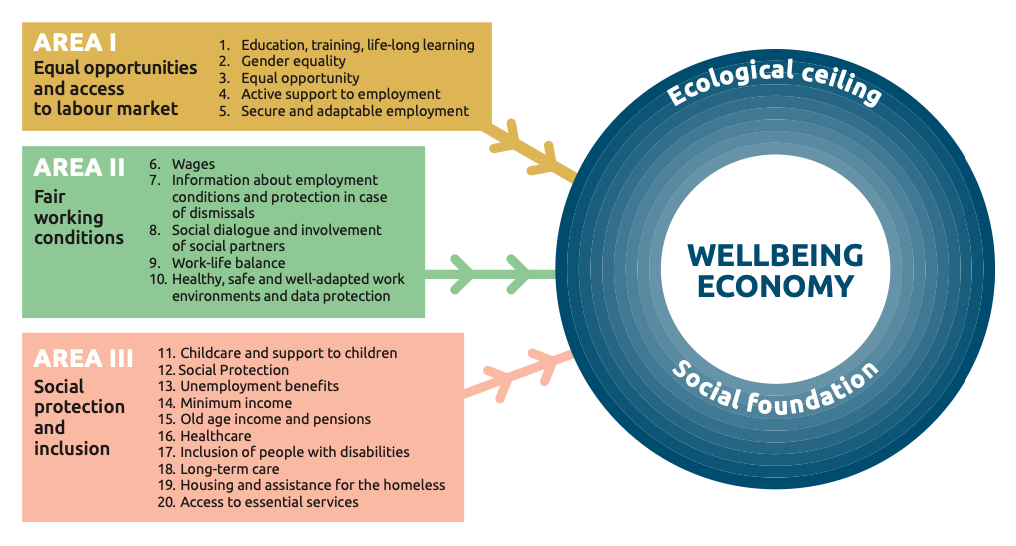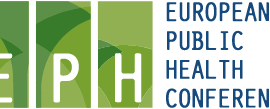
News Release
EuroHealthNet
The European Pillar of Social Rights (EPSR) sets out principles and rights to support fair and well-functioning labour markets as well as social protection and inclusion everywhere in Europe. The EuroHealthNet factsheet The European Pillar of Social Rights: A key vehicle to improving health for all, published 23 November 2020, explains different elements of the pillar, what they mean for health, health inequalities, and a European Health Union.
The European Commission is holding a consultation on an Action Plan to implement the EPSR until 30th November. The briefing provides input to the consultation.
The EPSR , when implemented, will lead to a reduction of health inequalities – the unjust and avoidable differences in health between population groups. Approximately 90% of health inequalities can be explained by financial insecurity, social exclusion, and lack of decent work and poor working conditions as well as poor quality housing[i]. These are the exact areas that are also covered by the EPSR. Access to quality health care only accounts for about 10% of differences in health status across different socio-economic groups.
The Social Pillar is made up in total of 20 principles covering three areas: equal opportunities and access to the labour market; fair working conditions; and social protection and inclusion. Principle 16 is on health care ‘Everyone has the right to timely access to affordable, preventive and curative health care of good quality’. It includes a monitoring framework ‘the social scoreboard’ which allows countries to be compared and progress to be mapped. It is linked to the European Semester – the EU’s annual cycle of economic and social policy coordination – and efforts to reach the sustainable development goals.
“As Europe makes plans for an economic recovery from the pandemic, policy makers must be aware of the links between health and labour markets and conditions. The economy rebuilt should be a wellbeing economy which supports good health and does not exacerbate social and health inequalities. Health and social sectors need to work together and apply the Pillar goals in concrete actions. The EU Child Guarantee, as one of them, has the potential to enable all children to have the best start in life. The present Covid-19 situation requires equity in education so that all children from families living in diverse socio-economic conditions are able to enter the workforce with their full potential developed.” – Dr Mojca Gabrijelčič, EuroHealthNet President.
The Pillar was proclaimed by the Council of the European Union, the European Parliament and the Commission in 2017. Now the Commission is preparing to launch an Action Plan on the Pillar which will set out essential policy actions and initiatives needed for implementation. The Commission consultation on the action plan closes on Monday, 30th November


